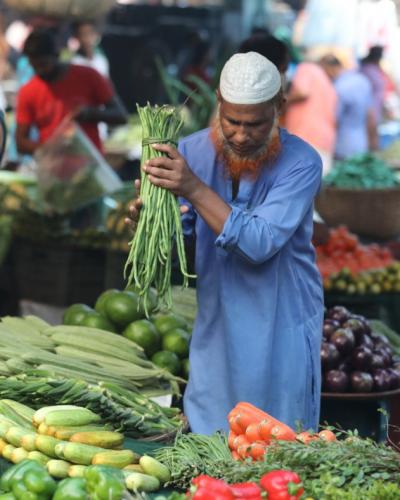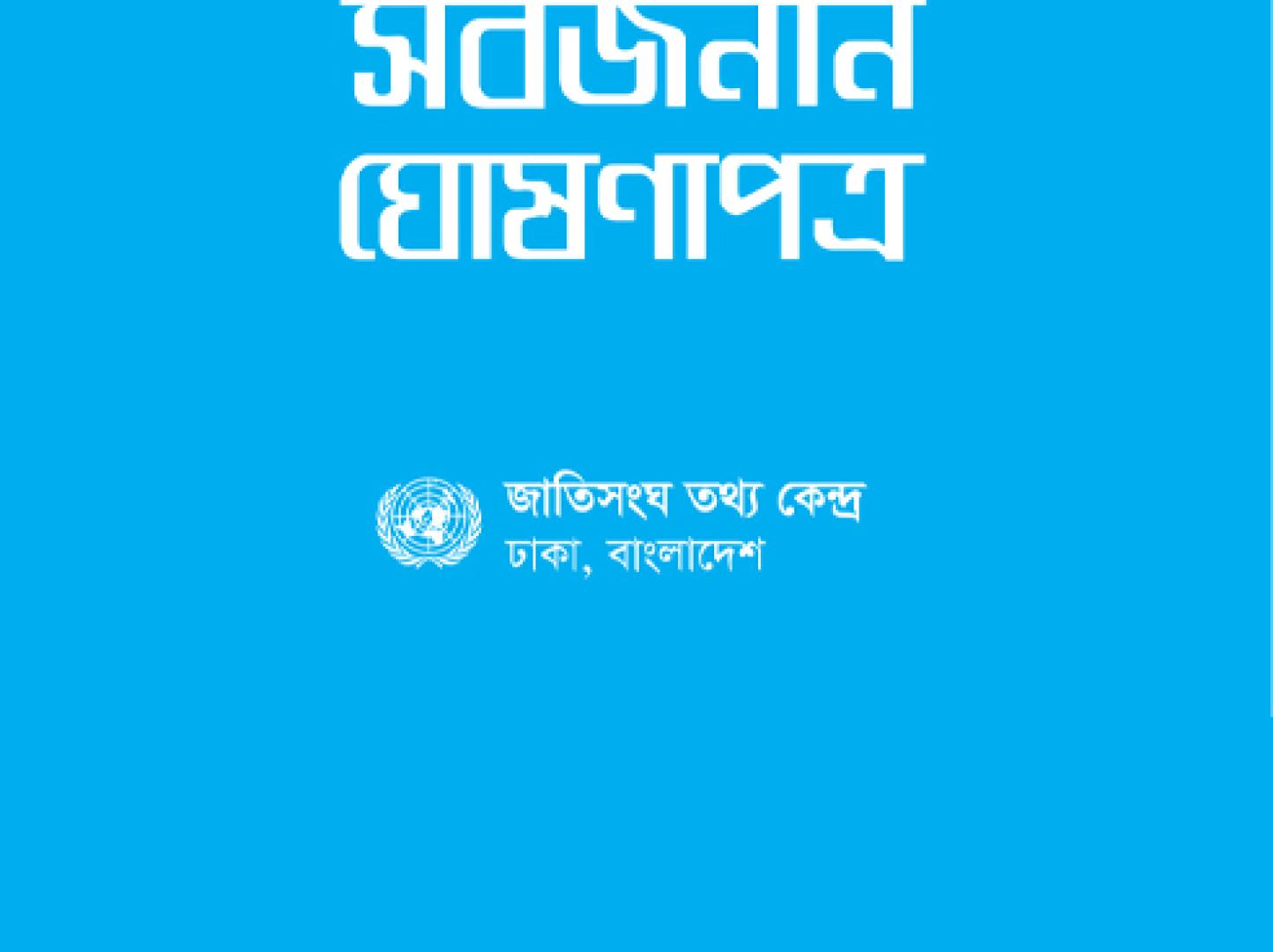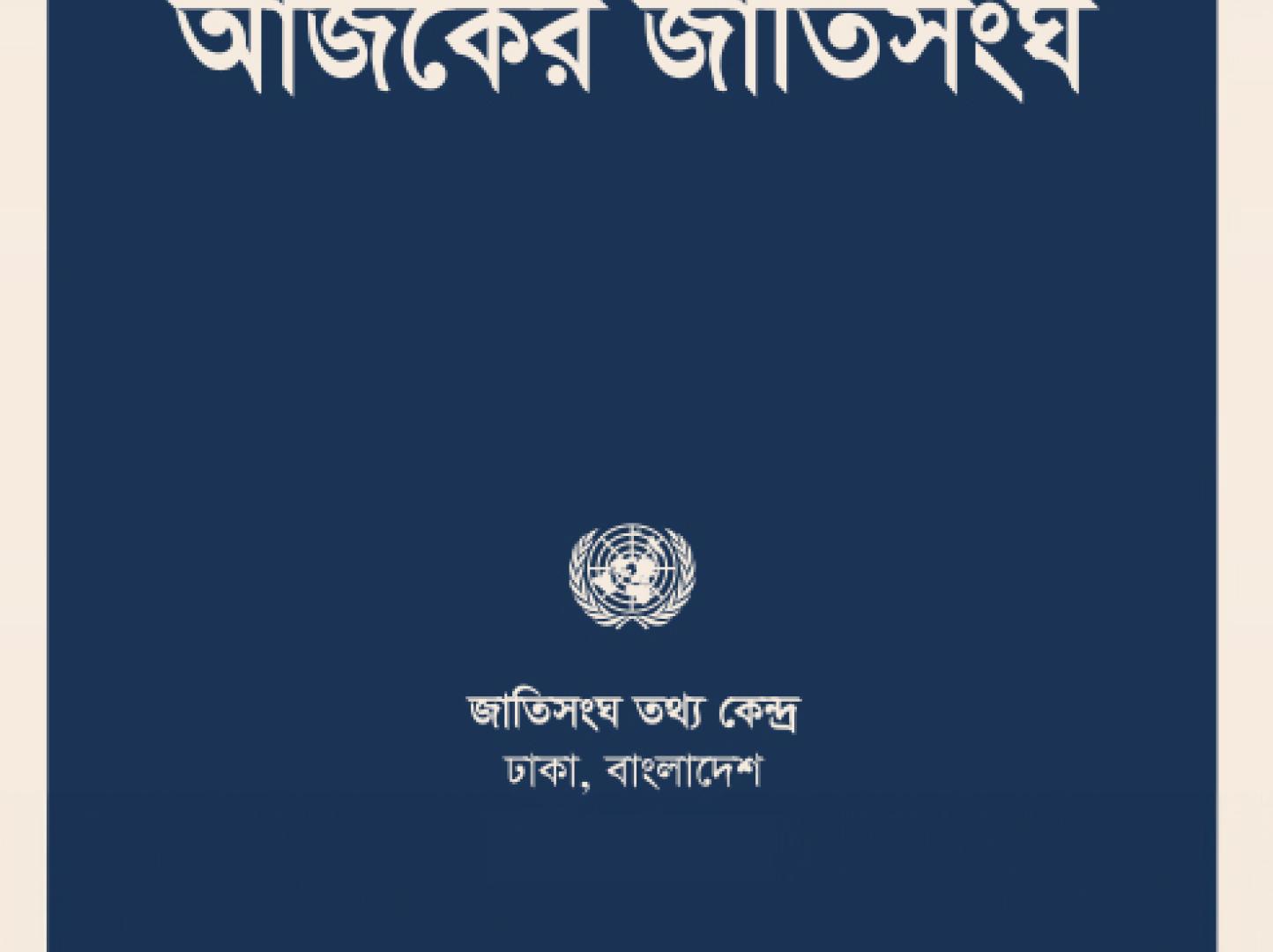Bangladesh Market Monitor - April 2024

Key Messages
▪ The general inflation decreased in April 2024 slightly by 0.7 percent compared to last month hitting 9.74 percent, owing to a sharp upshift of food inflation. The month-on-month food inflation increased by 3.5 percent hitting 10.22 percent, and that of non-food inflation declined by 3.1 percent hitting 9.34 percent this month, counterbalancing the impact of high food prices over the general inflation. General inflation in April was 5.4 percent higher, and food inflation was 15.6 percent higher year-on-year. Rural food inflation hit 10.25 percent in April 2024, higher than general as well as urban food inflation.The national average price of LPG for cooking was reduced in April 2024, after 8 consecutive months since August 2023, by BDT 40 hitting BDT 1,442 per 12 kg cylinder (gas-only price). The Bangladesh Energy Regulatory Commission (BERC) adjusted the cooking fuel prices for the domestic market considering the variations of contract prices (CP) of importing countries like Saudi Arabia, also driven by the fluctuations in foreign exchange rates and changes in the value-added tax (VAT).
Monthly LPG prices in Cox’s Bazar also decreased this month by BDT 38.
▪ In the domestic retail markets, month-on-month prices of basic food commodities including cereals (rice, wheat), palm oils, potatoes, and chicken increased, while prices of eggs, onion, green chili, sugar and some fresh vegetables decreased as compared to the previous month (Price details in Annex I and II).
▪ There was no rice import during the ongoing fiscal year (FY) until April. For the FY 2023-24 the revised budget for the public sector importation of food grain has been fixed at 1.1 million mt, of which rice is 0.15 million mt and wheat is 0.95 million mt. However, majority of the country’s foodgrain import is commissioned by the private sector. The government has waived customs duties on rice imports until mid-May 2024, aiming to enhance national availability and stabilize prices. Total foodgrain imports in this period, dominated by wheat, was 5.6 million mt, more than 9 percent higher yearon-year (Ministry of Food).
▪ The monthly cost of a typical food basket (national) remained stable at 2,844 per person per month in April 2024. Despite upward food inflation, the increase in the prices of major food commodities including basic staples (rice, wheat), poultry and potatoes was counterbalanced by the moderate reduction in the prices of eggs, onion, green chili and sugar. The composition of the food basket for Ukhiya has been revised to adjust the energy-sufficient basket since December 2023. The market prices to calculate the cost of food baskets were collected from the surrounding markets outside the camps. According to the adjusted basket value, the cost of a food basket (with normal rice) in April 2024 reached BDT 1,548, increased by BDT 20 as compared to last month mainly on the back of rising prices of certain food commodities in the basket including rice, palm oil, potatoes, poultry, red chili etc.
In April 2024, the daily wage for typical labour in the Ukhiya sub-district could buy 10.4 kg of rice from a day’s wage of BDT 450.The cost of a food basket for Bhasan Char in April 2024 was BDT 1,620 against the WFP voucher value of USD 154 , about 5 percent higher as compared to that in Cox’s Bazar primarily due to the added logistics costs of sourcing food from the mainland. WFP’s mVAM food security survey in April 2024 showed that 28 percent of low-income households were food insecure.
About 67 percent of the sample households had to adopt livelihood-based coping strategies, and 70 percent reported the rise in food prices as their deepest concern. Three in every four sample households had their expenditure increased in this month, and 10 percent of the households had members with disability.5 This clearly indicates the combined impact of the global food crisis, persistent high food prices and food inflation, leading to rising food insecurity; poor people are the hardest hit.














